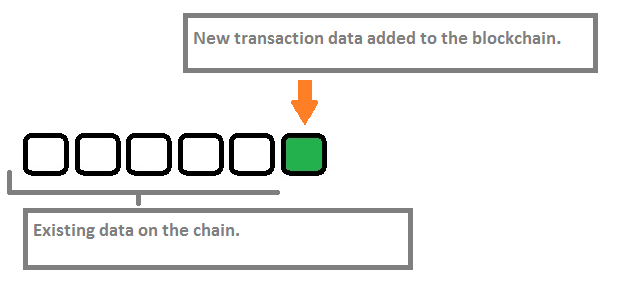The Blockchain

Before I begin, I am unable to talk about cryptocurrencies without first expounding on what blockchain technology is. For those of you who are unfamiliar with the term, in a nutshell, a blockchain is a digital book (usually referred to as a digital ledger) of transactions that can be programmed to record transactions of any sort. This digital ledger is special in that it cannot be altered easily, as long as it is the dominant chain, and thus provides a very safe way to perform transactions.
A blockchain runs on a set of nodes. These nodes are a populated peer-to-peer network (information sharing network) of computers communicating with each other. Nodes are distributed, and may be under the control of separate companies, organizations or individuals. This is done so that no individual node owned by that particular organization, company or individual, can act as a central point of control or failure.
Each node can generate and digitally sign transactions which represent operations in some kind of ledger or database, and these transactions propagate rapidly to other nodes across the network in a gossip-like way.
Each node then independently verifies every new incoming transaction for validity, in terms of:
- Its compliance with that particular blockchain’s rules.
- Its digital signature.
- Whether or not there are any conflicts with previous transactions.
If a transaction passes these tests, it enters that node’s local list of provisional unconfirmed transactions and will be forwarded on to its peers. Transactions which fail are rejected outright, while others whose evaluation depends on unseen transactions are placed in a temporary holding area.
A verified transaction can involve a cryptocurrency, records, contracts, or other information. Once verified, it's added to the ledger. Think of the ledger as a long line of blocks. Each block is a transaction and contains data for that specific transaction, and any new transactions that are made form new blocks at the end of the line. In this way we are able to check that transactions that are sent are legitimate by validating them via many decentralized nodes and a long chain of data proving them to be so.

Adoption of this technology is increasing rapidly and many individuals are pushing for it to become integrated in our societies in a big way.
As always, the information I have provided needs to be supplemented with your own research before committing to any investment.